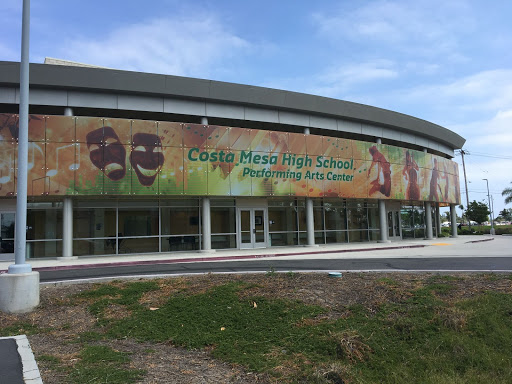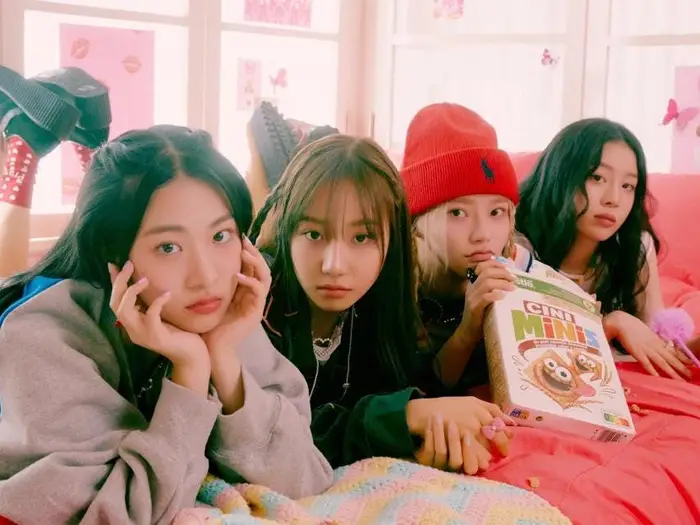This school year has been entirely different from any other school year we are used to. Everyone has had to roll with the punches as we switch back and forth from in-person to online learning, adapt to a million different schedules, all while being careful not to catch COVID-19.
As the 2020-21 school year comes to an end, it leaves us wondering what the expectations will be like when school fully opens next year; will life be back to normal like it was before March 2020? Here are some thoughts from our Costa Mesa High School principal, Dr. Haley.
“It will basically be business as normal, and in the classroom I think we will still be required to wear masks while indoors” says Dr. Haley. He continues to explain that once vaccinations are given out then maybe the masks can come off, but until then, masks will be a new normal for us in school.
Although we will most likely be wearing masks, Dr. Haley doesn’t see us using Zoom as a form of teaching next school year. “It’s a different type of instruction,” says Dr. Haley. “The high quality instruction that I hope to see as a principal is really students kind of leading the discussion and the questions, and really the teacher as more of a facilitator.”
He further explains how being physically in the classroom with the teacher and fellow students creates an easier learning environment. “You can’t really do that if you're stuck at your desk with a camera on you as effectively as if you're using that zone of proximity, moving around the room to connect with students,” says Haley.
However, Dr. Haley believes that there are still several uses for Zoom outside of instruction. He explains how Zoom is a useful tool for school connected organizations to meet efficiently, and for teachers to hold study sessions with students later in the day so that they don’t have to physically come back to school if they need help.
“Especially as they’re preparing for an AP test and maybe they want to be providing some additional opportunities instead of physically being here. It’s just easier sometimes to just turn on the computer outside of school hours,” Haley says.
He also believes that all students should be taught how to use Zoom because it will be an important tool to know how to use in the future. “Especially as we have a global economy; to be able to connect with somebody halfway around the world, instead of getting on an airplane, you should be able to Zoom effectively and be able to run an effective Zoom meeting,” says Haley.
This past school year has presented many hardships, but there has also been a silver lining.
According to Dr. Haley, there has been more participation in school meetings because busy parents can quickly log into a Zoom meeting while driving or working opposed to having to physically be at the meeting.
Additionally, Dr. Haley explains how the pandemic has brought up different useful learning tools that they wouldn’t have otherwise thought of. “We had no choice but to explore different platforms, and I think some of those can still be used for some positive influence moving forward. Things as easy as Screencastifys you can put together just to kind of set the stage for learning,” says Haley.
Despite the pros and cons of education during the pandemic, there were many more issues when it came to students’ health.
Many students still suffered from social isolation this past year. Being cooped up in a bedroom on Zoom isn’t very fun or healthy, especially for teenagers. That is why Dr. Haley hopes to provide plenty of activities to participate in next school year.
“That importance of the overarching school community is such a valuable part of what schools are, and that school connectedness whether it’s in the classroom, or through track [and field], or you name it, I think that's really the most important thing schools can provide is that platform of supports that are built in beyond just education; it’s the friend groups,” says Haley.
There is hope for an amazing 2021-22 school year; as close to normal as possible.
But until then, Dr. Haley suggests to “reflect on some of the challenges that have happened over the past year and a half, some of the successes and lessons learned about yourself and the ability to work through those challenges. Really focus on some of the things that you missed and go from good to great on those.”
His last words of advice are to “just to make sure you're maximizing each day and that you don’t take things for granted I think is the best thing we all could do in all aspects of our life, not just school.”



